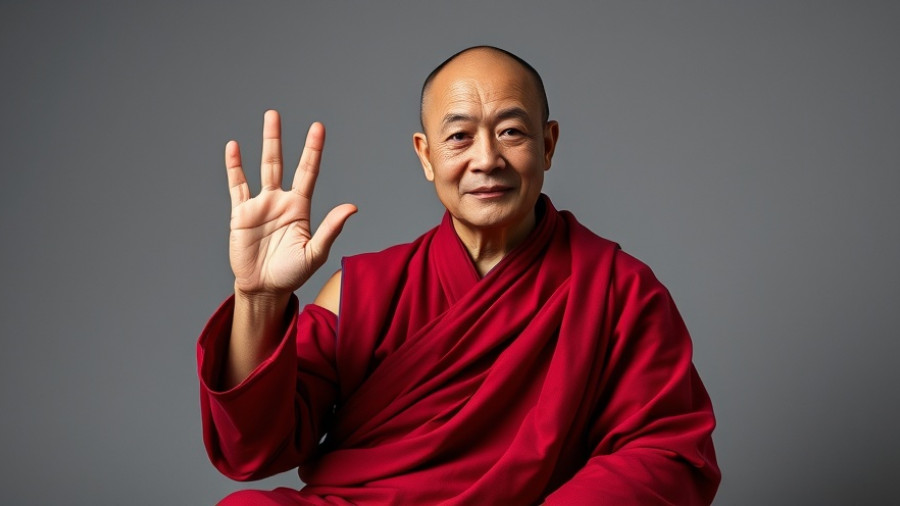
Finding Light in the Shadows of Memory Loss
Being diagnosed with Mild Cognitive Impairment (MCI) can feel like a heavy weight on the heart. Yet, as Sharon Lukert shares, this experience doesn't have to diminish one's capacity to lead a fulfilling, joyful life. Instead, it can open the door to profound personal insights and deeper connections with the world. This transformation may not always be gradual; sometimes, it occurs in bursts, revealing a path toward acceptance and resilience.
Understanding MCI: The Hidden Challenges
Mild Cognitive Impairment is often a silent struggle, subtly altering one's brain functions while leading to significant impacts on daily life. Sharon reveals that despite her condition, she continues to enjoy activities such as cooking and gardening. However, the experience of forgetting where she placed her glasses or how she managed to lose a cutting board becomes a source of humor rather than frustration, showcasing the importance of maintaining a light-hearted demeanor.
Finding Meditative Calm in Chaos
In the world of mindfulness, meditation is an invaluable tool. Engaging in on-the-spot meditative practices becomes crucial when emotions of frustration or sadness arise along this journey. As Sharon illustrates, grounding oneself amidst the chaos can help dispel negative thoughts that come unwelcome when memory fails. Such practices can anchor our sense of self and foster an openness to the present.
The Power of Connection
Sharon highlights the supportive role her husband plays in her journey, demonstrating the importance of social connections for those facing cognitive decline. Humor shared between partners not only lightens the mood but builds a bridge of understanding that transcends momentary lapses in communication. For families and friends, being attuned to these needs can create an environment that supports emotional well-being.
Reflecting on the Gifts of Imperfection
This journey, while filled with vulnerability, can lead to valuable insights about life priorities. As Sharon elegantly expresses, the clarity that arises when one faces cognitive challenges can be liberating. It shifts perspectives; what once seemed important can fade, making room for what truly matters. Here we find an invitation—an opportunity to live fully and cherish each moment.
Taking Action: Embrace Your Story
The story of living with MCI is not just about loss; it's also about the profound lessons and beautiful moments that emerge when we choose to embrace our reality. For anyone on a similar path, this is a call to share your story. Reflect on your journey within a community of support, or in quiet moments with yourself, allowing others to learn from your experiences while finding wisdom in their challenges.
Ultimately, living with memory loss does not negate the possibility of joy; it enhances the ability to focus on meaningful experiences. Through connection, meditation, humor, and acceptance, we can navigate the ebbs and flows of life with grace and gratitude.
 Add Row
Add Row  Add
Add 




Write A Comment